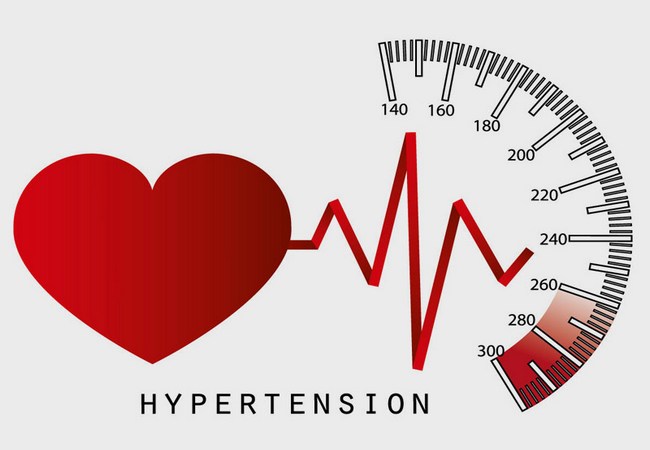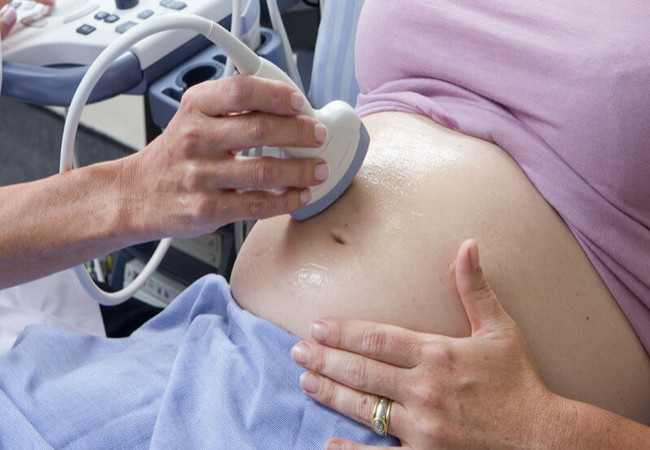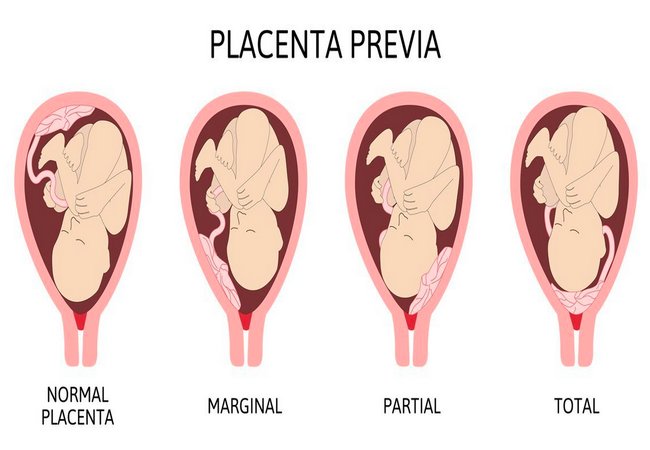Hypertension Disease: Management, Prevention and Complication
What Do You Mean by Hypertension (HTN)?
Hypertension (HTN) is the most common medical disorder during pregnancy, with a prevalence of 5-10%% of all pregnancies worldwide. HTN and antihypertensive drugs have adverse effects on both the mother and the foetus.

Medical Management of Hypertension Disease:
General management:
1. Diet:
- Restriction of salt, Avoid fatty and spicy food,
- Reduce heavy alcohol consumption,
- Add potassium and oily fish.
2. Stop smoking,
3. Regular exercise,
4. Weight reduction,
5. Relaxation like praying, Meditation.
Antihypertensive drugs therapy:
1. Diuretics:
a) Thiazide diuretics:
- Bendrofluazide 2.5 mg daily, or
- Cyclopenthiazide 0.5 mg daily
b) Loop diuretics:
- Frusemide 40 mg daily, or
- Bumetanide 1 2 mg daily (it is helpful in patients with renal or cardiac impairment and in combination with ACE inhibitors.
2. β -adrenoceptor antagonists:
Cardio selective drugs (β1 antagonist):
- Atenolol 50– 100 mg daily, or
- Metoprolol 100 – 200 mg daily, or
Non-cardio selective drugs:
- Propranolol 40 – 120 mg orally 3 time a day, or
- Pindolol 15-30 mg daily, or
- Oxprenolol 160 – 320 mg daily
Labetalol (Combined α & β adrenoceptor antagonist) 100 – 200 mg twice daily.
3. Angiotensin converting enzyme (ACE) inhibitors: (ACE inhibitor is the drug of choice in diabetes).
- Captopril 25-75 mg 12 hourly, or
- Enalapril 20 mg daily, or
- Lisinopril 10mg daily.
4. Calcium antagonists:
- Diltiazem 60 mg 8 hourly, or
- Amlodipine 5 – 10 mg daily, or
- Nifedipine 20 mg twice daily.
5. Other drugs:
- Prazosin 0.5 – 20 mg daily in divided doses,
- Indoramin 25 – 100 mg 12 hourly,
- Doxazosin 1 -16 mg daily.
You can read: Different Types and Causes of Hypertension (HTN)
Complications of Hypertension Disease:
A. Central nervous system:
- Stroke,
- Transient ischemic attack (TIA),
- Carotid atheroma,
- Sub-arachnoid hemorrhage,
- Hypertensive encephalopathy.
B. Eye:
- Hypertensive retinopathy,
- Central retinal vein thrombosis.
C. Heart:
- Left ventricular hypertrophy (LVH) leading to LVF,
- Left heart failure,
- Angina, myocardial ischemia and infarction,
- Atrial fibrillation.
D. Blood vessels:
- The vessels dilate and become tortuous and their walls become less compliant,
- Aortic aneurysm,
- Aortic dissection,
- Wide spread atheroma.
E. Kidney:
- Proteinuria,
- Progressive renal failure (in long standing hypertension).
Prevention of Hypertension Disease:
A. Developing a healthy diet:
A heart-healthy diet is vital for helping reduce high blood pressure. It’s also important for managing hypertension that is under control, and reducing the risk of complications. These complications include heart disease, stroke, and heart attack. A heart-healthy diet emphasizes foods that include:
- Fruits,
- Vegetables,
- Whole grains,
- Lean proteins like fish.
B. Increasing physical activity:
Reaching a healthy weight should include being more physically active. In addition to helping you shed pounds, exercise can help reduce stress, lower blood pressure naturally, and strengthen your cardiovascular system. Aim to get 150 minutes of moderate physical activity each week. That’s about 30 minutes five times per week.
C. Reaching a healthy weight:
If you are overweight or obese, losing weight can help lower your blood pressure.
D. Managing stress:
Exercise is a great way to manage stress. Other activities can also be helpful. These include:
- Meditation,
- Deep breathing,
- Massage,
- Muscle relaxation.
These are all proven stress-reducing techniques. Getting adequate sleep can also help reduce stress levels.
E. Adopting a cleaner lifestyle:
If you’re a smoke, try to quit. Tobacco damages and hardens blood vessel walls. If you regularly consume too much alcohol or have an alcohol dependency, seek help to reduce the amount you drink or stop altogether. Alcohol can raise blood pressure.
More questions related to this article:
- What is the define hypertension?
- What is hypertension?
- Write down the preventive measures of hypertension.
- How will you manage a case of hypertension?
- Write down the treatment of hypertension.
- Write down the medical management of hypertension.
- Write down the complications of hypertension.











